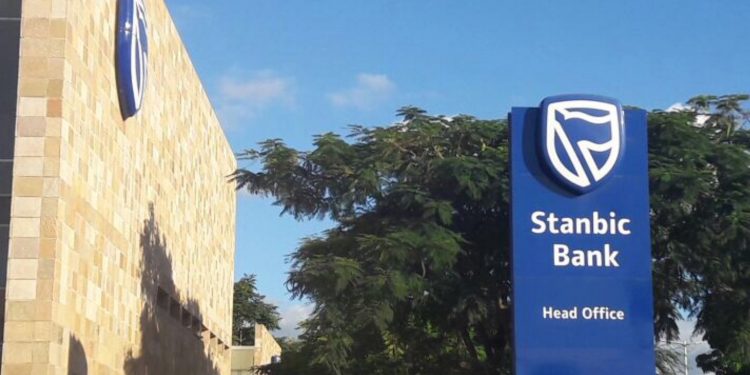The private sector in Kenya exhibited signs of resilience and potential growth in January, according to a survey conducted by Stanbic Bank.
The Purchasing Managers’ Index (PMI) for January reached a five-month high of 49.8, indicating a 2.0% increase from December’s 48.8 and signaling near-stabilization with a positive trajectory for the country’s economic landscape.
Despite the challenges faced by Kenyan businesses, the PMI survey data reveals encouraging trends. Business activity and new order volumes experienced only fractional declines, suggesting a slower pace of contraction.
Notably, this resilience is observed even as business activity has decreased for the fifth consecutive month, albeit at the slowest pace in this sequence.
The survey also indicates the expansion of the workforce for the first time in five months. Although the rate of job creation was marginal, this positive development signals increased confidence among businesses, despite ongoing challenges.
Both input costs and output price inflation have eased, reaching levels near their long-term averages. This contrasts significantly with the record highs experienced in October, when inflation was at 6.9%, suggesting a more stable pricing environment for businesses.
However, the survey sheds light on challenges faced by Kenyan businesses, including weak client demand and cash flow problems. Nevertheless, some companies reported improvements in order books and foreign.
Despite these positive indicators, sentiment regarding future output dipped to an eight-month low, with only 10% of businesses expressing optimism for the year ahead.
This cautious outlook may be attributed to a combination of factors, including efforts to increase projects, add services, boost marketing, and open branches.
While businesses grapple with ongoing difficulties, the near-stabilization of the PMI, coupled with workforce expansion and easing inflationary pressures, suggests a resilient and adaptable economic landscape.


















